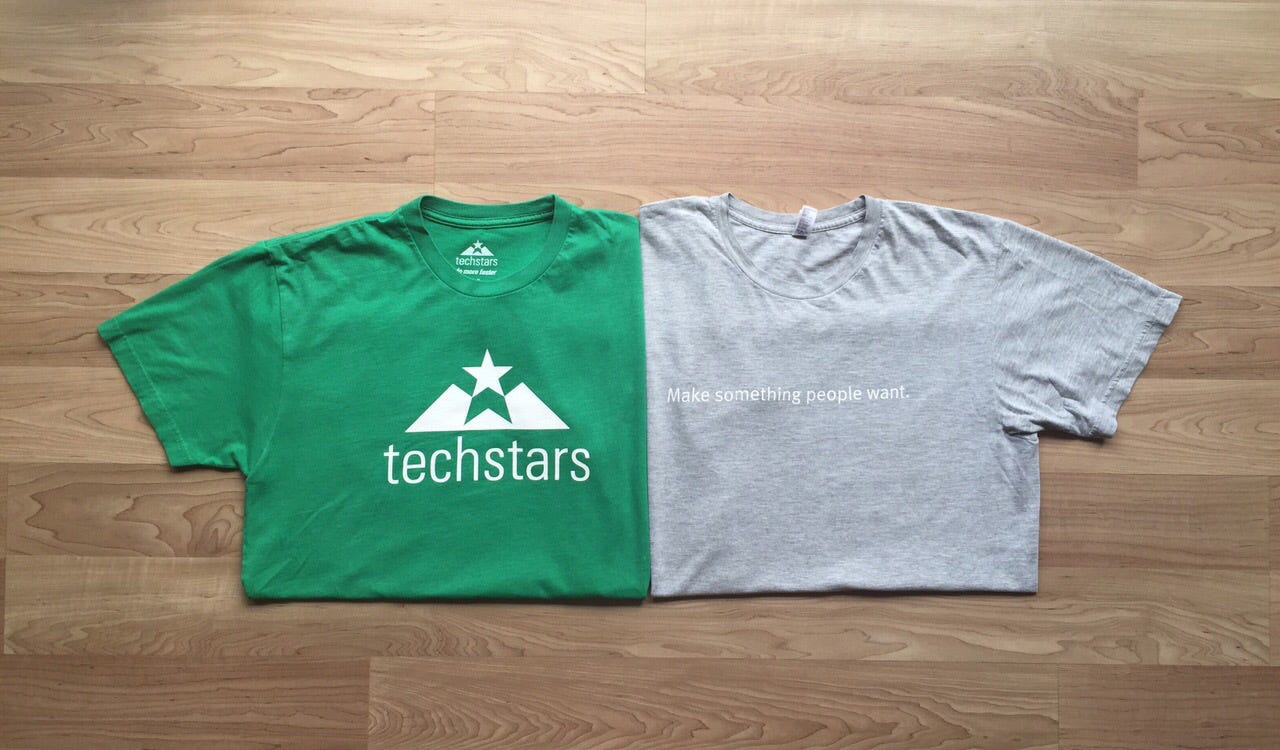How Wide Is The Gap Between Y Combinator and Techstars?
These are the two best startup accelerators in the world. But how wide is the gap between the two?
FYI - The Seedscout Daily has been renamed to Red Pilled, by Seedscout.
I think the consensus among the startup world is that Y Combinator is the best startup accelerator in the world. I also think that it’s widely agreed upon that Techstars is the second best startup accelerator in the world. The main question people tend to have is how much space is in between YC and Techstars? Is Techstars closing in on YC or is it falling behind? How is it even possible to know?
Although I don’t have access to the startup return data, there are tools that can paint a picture on how close these two top accelerators are to each other in global impact. We can use this data to infer the rest.
Site Traffic
Y Combinator gets 1.8M site visits every month, with that number steadily growing over time.
Techstars gets 44,646 visits per month, which is trending downward after peaking at 125.3k in early 2021.
Domain Authority
Y Combinator has a domain authority of 69, which is made up of 103.8k domains referring to the website. It is ranked in the top 3,000 websites on the internet based on relevancy/traffic.
Techstars has a domain authority of 43, which is made up of 25,001 domains referring to the website. It is ranked in the top 81,000 websites on the internet based on relevancy/traffic.
Impact On World
I crunched the numbers and checked the monthly traffic for the top YC companies vs. the top Techstars companies, and compare them below. The data here is to just show you the impact that each accelerator has had on the world based on the overall attention their top startups are getting.
Y Combinator
Reddit - 170,875,501 monthly visits
DoorDash - 24,683,587 monthly visits
Airbnb - 20,181,544 monthly visits
Coinbase - 12,418,601 monthly visits
Dropbox - 10,438,578 monthly visits
Instacart - 5,109,234 monthly visits
Zapier- 3,458,433 monthly visits
Stripe - 2,814,276 monthly visits
Gitlab - 2,087,771 monthly visits
OpenSea - 2,039,348 monthly visits
Techstars
TradingView - 25,983,411 monthly visits
DigitalOcean - 4,108,456 monthly visits
Remitly - 719,247 monthly visits
Classpass - 657,390 monthly visits
Sendgrid - 392,986 monthly visits
Newsela - 257,119 monthly visits
Owlet Care - 174,433 monthly visits
Outreach - 93,890 monthly visits
DataRobot - 67,283 monthly visits
Zipline - 64,856 monthly visits
Clearly the global impact and mindshare of the top YC startups are on a whole different planet when compared to Techstars; Just look at the discrepancies in the companies with millions of visitors vs. thousands.
In Summary
I think it’s pretty clear that the gap is quite wide between the two. Although Techstars is one of the most successful accelerators in the world, the point of this post is to simply show how far ahead of the pack YC truly is. From the difference in website traffic, to presence on the internet, to see how influential their companies are in the world, the gap between #1 and #2 could not be any farther apart. I think it’s important to keep this in mind when deciding to join either of these accelerators or invest in companies out of them, especially if the prices are the in the same ballpark.







A better way to compare these two would be in Founder Energy conversion to cashflow-generating startup.
What are the costs and benefits?
What is the startup failure rate of YC vs. Techstar startups?
Accelerators provide community (early adopters, validators, testers, collaborators, cofounders, advisors), but at a cost of capital that is often quite high.
Community provides the initial traction that can qualify a startup for follow-on VC, but the path becomes one of applying to accelerator to gain the community to attain the traction to impress investors to pay for more CAC and MVP engineers to hockey-stick growth while showing retention graph "smilies."
What is the cost of this community and what does the failure rate say about the benefit conferred.
YC and Techstars are great-- but why do so many startups that graduate still fail?
And how can we improve on founder, startup, community, and vc formation so that the founder failure rate goes down?
These are the existential questions that our civilization must answer, ie getting the answer correct is probably on Fermi's Great Filter final exam.